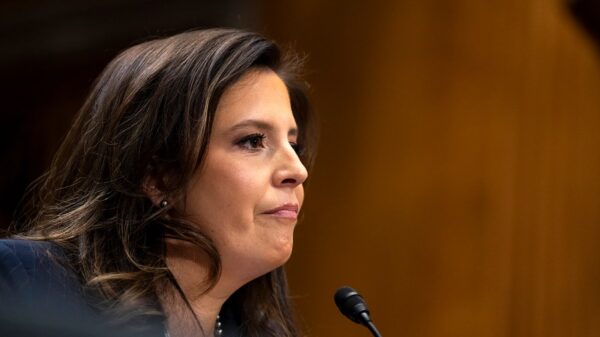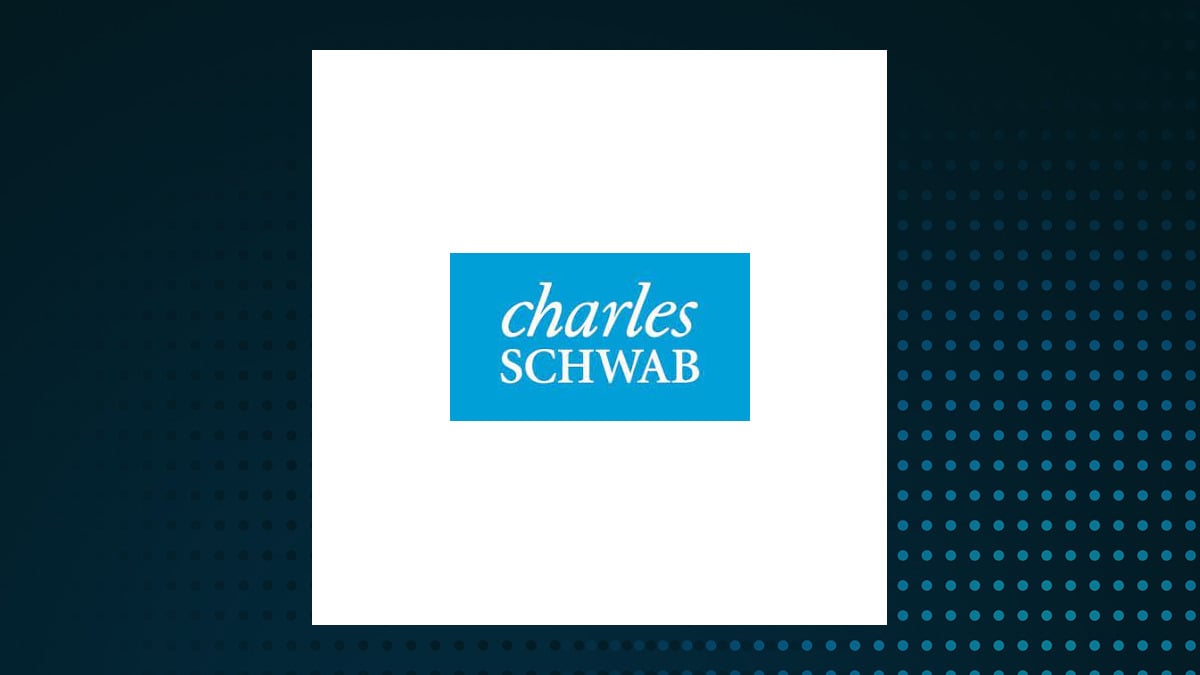Blue Trust Inc. has significantly increased its holdings in the Schwab US Small-Cap ETF (NYSEARCA:SCHA), boosting its position by 118.9% during the second quarter of 2023. According to the company’s recent 13F filing with the Securities and Exchange Commission (SEC), Blue Trust now owns 6,029 shares of the ETF, having acquired an additional 3,275 shares in the period. The total value of these holdings reached approximately $153,000 at the time of the filing.
Several other institutional investors and hedge funds have also adjusted their positions in the Schwab US Small-Cap ETF. Hoey Investments Inc. initiated a new stake during the second quarter, investing around $29,000. Additionally, Crowley Wealth Management Inc. increased its holdings by 50.0%, bringing its total to 1,200 shares valued at $30,000 after purchasing an extra 400 shares in the last quarter.
In the first quarter, both Columbia River Financial Group LLC and GSB Wealth Management LLC acquired new positions in the ETF, each valued at about $30,000. Likewise, Rossby Financial LLC joined this trend by also securing a new stake worth $30,000.
Market Performance of Schwab US Small-Cap ETF
On Thursday, shares of the Schwab US Small-Cap ETF opened at $28.38, reflecting a modest increase of 0.9%. The fund boasts a market capitalization of $19.54 billion, a price-to-earnings ratio of 17.65, and a beta of 1.17. Over the past year, the ETF has experienced a low of $20.04 and a high of $28.64. The fifty-day simple moving average is currently $27.43, while the two-hundred-day average stands at $25.35.
The Schwab US Small-Cap ETF aims to track the total return of the Dow Jones U.S. Small-Cap Total Stock Market Index, which includes companies ranked from 751 to 2500 based on full market capitalization. The index uses a float-adjusted market capitalization weighting method, making it a key player in the small-cap investment landscape.
As institutional interest in the Schwab US Small-Cap ETF continues to grow, the future performance of the fund may reflect broader trends in the small-cap sector and investor sentiment.






































































